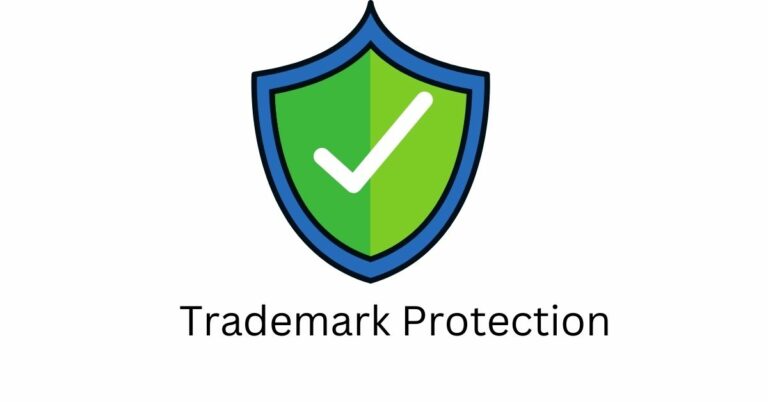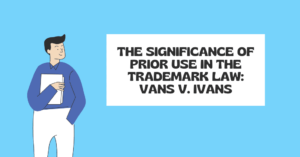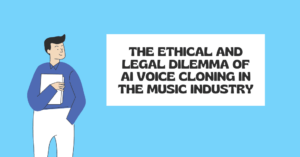A trademark is a legally registered mark that is capable of distinguishing the goods or services of one enterprise from those of other enterprises. Trademark is an intellectual property right that has gained a lot of importance. In India, there are several types of trademark registration under which manufactures can register their goods and services.
A trademark may be a word, sign, and symbol or even graphic that is applied to a company, goods or services to distinguish them from those of the competitors. For example, a brand, product, company name, or logo. By registering the Trademark, the consumer or a buyer can easily identify, purchase and enjoy products and services based on their specific characteristics and quality, as promised by the said trademark/owner. The trademark helps in indicating the origin of product or services or vendor and helps the customers or buyers to distinguish the product of one manufacturer from the product of others.
What is protected under trademark law in India?
Trademark defined under Section 2 (zb) of the Trade Marks Act, 1999 as, “trade mark means a mark capable of being represented graphically and which is capable of distinguishing the goods or services of one person from those of others and may include shape of goods, their packaging and combination of colors.” A mark can include a device, brand, heading, label, ticket, name, signature, word, letter, numeral, shape of goods, packaging or combination of colors or any such combinations. The trademark prevents unauthorized use of an individual’s or company’s product or service without their permission.
A trademark registration will give protection for 10 years to its owner. The registration period can be increased or extended upon renewal. There are several benefits of registering the trademark, mainly it includes ease to market, creating a distinct identity to goods or services and being a source identifier.
What is Trademark registration?
The Trademark Registration process in India is required to protect a company’s logo from the misuse by the third party. In case of infringement of the trademark, Trademark Registration would provide a legal right to initiate an action against the third party. Trademark Registration will also provide an exclusive right to the owner to use it for its products or services.
Trademark symbols
There is no legal requirement to mark the trademark with any particular symbol.
However, there are two commonly used symbols when searching for trademarks, they are:
The ® symbol indicates that the trademark is registered or registration is completed.
The ™ symbol indicates that the trademark is unregistered or in the process of being registered.
What can be trademarked in India?
1.Words and service marks
Word marks refer to any marks that are used to identify the products and services of a trading company or a service-providing company. On the other hand, the service marks are indicating the services that a company is dealing in.
2. Shape marks
Shape marks indicates the shapes of the product or packaging of the business. Appearance of the product can distinguish the product from other products.
3. Logos and symbols
Logos and symbols refer to printed figure / design or character or painted design or figures that indicate the company’s name, service or product’s name.
4. Collective marks
Collective marks refer to the marks that are linked with a group of people or services collectively. The trademark is owned by the organization but it can be used by multiple people.
5. Series Marks
Series marks are registered to use before or after a chain of products where there would be a common suffix / prefix or symbol.
6. The Certification mark
These are the special kind of trademarks which indicates that the mark has been certified by the proprietor of the mark having certain characteristics like geographical origin, quality etc; Example: HALLMARK, AGMARK.
What cannot be trademarked in India?
Trade Marks Act, 1999, sections 9 and 11 give the grounds for refusing a trademark. Section 9 mentions the absolute grounds and section 11 provides with the relative grounds for refusal. Below are the grounds for refusal in India:
1. Devoid of distinctive Nature
The criterion of being distinct has been interpreted widely in the Indian law. The mark of a product or service which is not of a distinctive nature would not be a trademark. The registration of descriptive trademarks is prohibited under Section 9(1)(b) of the Trade Marks Act, 1999, unless they are distinctive.
2. Names/ Surnames
Names or surnames cannot be used as a trademark in India if they do not possess a distinctive character. Also, if such names are used dishonestly, they would not be given the status of a trademark.
3. Numerical
Numbers cannot be said to exclusivity to be used as a trademark, per se. In certain cases, the courts in India have observed and concluded that, since the numbers do not have a unique or distinctive nature attached to them, thereby, not considered to be a trademark. In the case of Radico Khaitan Ltd v. Carlsberg India Pvt Ltd, the Delhi High Court observed that “a numeral cannot be said to have a distinctive character.”
4. Geographical location
Geographical locations cannot be used as trademarks. In Imperial Tobacco Company of India Ltd v. Enlistment center of Trademarks, AIR 1968 Cal 582, the Calcutta High Court held that “the trademark “Simla” with the name is composite in character. It is a notable hill– station of India. Its geological implication is, subsequently, plain and unequivocal.”
5. Color
The Trade Marks Act does not specifically refuse the usage of color. But Indian Registry and Courts do not prefer the idea of using colors as trademarks, for the reasons that the available stock will be depleted and the courts will be piled up with cases.
6. Sound
Musical notes in the form of musical notations are accepted as trademarks in India, but noises such as dog barking cannot be a trademark.
7. Smell
Since it is difficult to differentiate between different smells, smell has not been registered as a trademark in India.
Why is a trademark important?
A trademark helps you launch and grow your business with more confidence:
Once the trademark registration has been approved, you will own the exclusive rights to your brand name, slogans and/or logos (depending on what you have trademarked) and have the exclusive right to use that in your business.
Registering a trademark also stops copycats and enables you to control your mark:
It helps you gain trustworthiness and authority in your market and helps you distinguish your brand from other competitors in your industry.
Acquiring a trademark helps you monetize your mark in several different ways:
You can license your trademark, you can advertise with more confidence, you can sue copycats for damages and you can issue “cease and desist” letters to stop another business from infringing your trademark.










